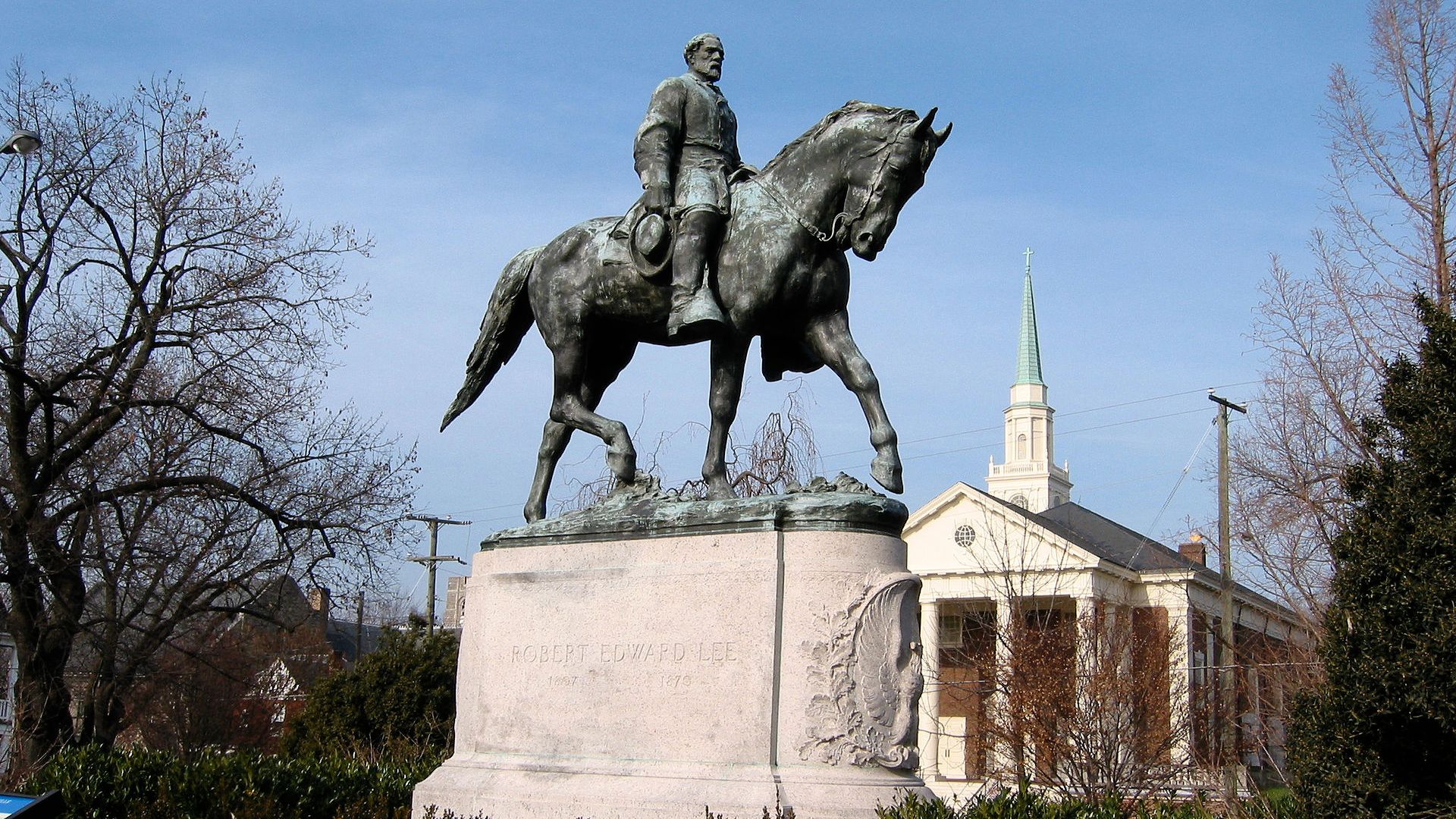Texas Republicans have sparked waves of conversation with a groundbreaking proposal. They’ve suggested that any candidate for statewide office must win a majority in at least 128 out of Texas’ 254 counties.
This rule could dramatically shift the political landscape, essentially sidelining Democrats who traditionally draw strength from urban centers like Houston and Dallas.
Cities vs. Countryside: A Political Divide

The Democratic stronghold is in Texas’ few populous cities, a stark contrast to the vast Republican influence across rural areas.
This geographical split is pivotal to understanding the GOP’s strategy. By requiring a majority across numerous counties, Democrats’ urban support might no longer suffice for a statewide win.
GOP Conference Highlights

During their biannual conference in San Antonio, Texas Republicans laid down several policy markers.
The event, which ran from May 23-25, was a hotbed for strategic planning, setting the stage for the next electoral cycle with these new proposals aimed at consolidating GOP dominance in the state.
Rule Redefinition: Seeking a ‘Concurrent Majority’

Proposal 21 is stirring up some serious debate.
It calls for a “concurrent majority” for holding statewide office, meaning winning the popular vote isn’t enough—candidates must secure victories across a majority of counties, redistributing electoral power dramatically.
Abbott’s Victory and the Urban-Rural Split

In the 2022 election, Governor Greg Abbott won 54.8% of the vote, yet only carried 19 counties, illustrating the urban-rural voting divide.
His win highlights the current concentration of Democratic votes in cities, a factor the GOP aims to counterbalance with the new proposal.
The Constitutional Question

The legality of the GOP’s county-majority rule is under scrutiny. Critics argue it might violate the Voting Rights Act, given that racial minorities are often concentrated in fewer counties.
This raises questions about the proposal’s constitutionality and its impact on fair representation.
Texas on the Brink of ‘Texit’?

Amid policy discussions, Texas GOP delegates also entertained a vote on whether the state should consider secession.
The notion of “Texit“—Texas exiting the U.S.—continues to gain traction among certain factions within the party, reflecting a bold streak in state politics.
Reviving the Past

Another controversial motion at the conference called for reinstating the original names of military bases named after Confederate leaders and restoring removed Confederate monuments.
These proposals aim to honor Texas’ historical figures and have sparked a heated dialogue about heritage and history.
A Stand on Abortion

The Texas GOP didn’t shy away from hardline stances, pushing for an outright abolition of abortion.
This aggressive move aligns with the party’s conservative base, aiming to reshape Texas’ legislative landscape.
The Urban Strongholds: A Closer Look

Democratic challenger Beto O’Rourke’s 2022 campaign illustrated the urban concentration of Democratic voters, securing majorities in cities but failing elsewhere.
This pattern is exactly what the GOP’s new rule aims to challenge, potentially reshaping how candidates campaign statewide.
What’s Next for Texas Politics?

As the GOP policy platform is set to be revealed, all eyes are on how these proposed changes might influence Texas’ political and social dynamics.
The outcome could serve as a blueprint for other states with similar urban-rural divides, signaling a possible trend in American politics.
The Echoes of San Antonio

The decisions made at the Texas GOP conference in San Antonio are set to echo through the upcoming elections and beyond.
As the state grapples with these potential changes, the political landscape continues to evolve, keeping the nation’s eyes fixed on Texas.
